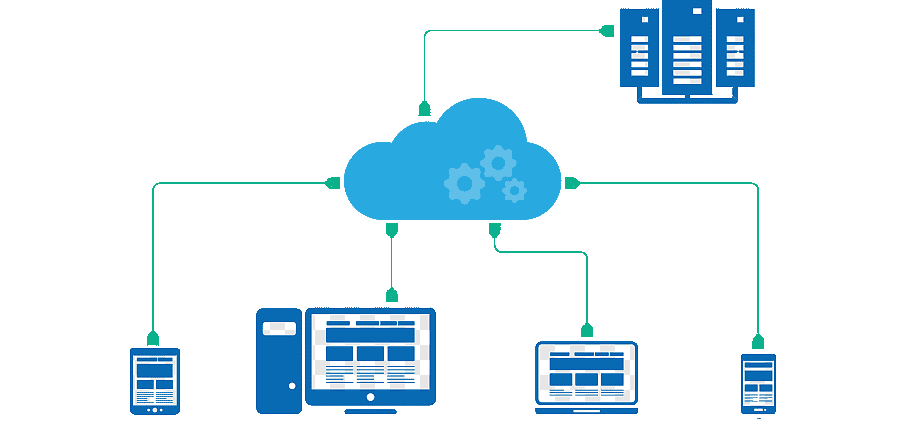
In the modern world, the development of information technology and digitalization of organizations become key factors in the successful functioning of the business. In this context, the colobridge gmbh physical servers and cloud services as two key types of infrastructure that provide storage, processing and data exchange play an important role. Let’s take a look at a comparative analysis of their role and development in Europe.
Physical servers: a traditional approach to IT infrastructure
Physical servers Colobridge.net are a traditional form of storage of data where computing resources are provided in the form of physical equipment installed in the data centers. This approach was the main one for enterprises for many years and is still used in various business sectors.
In Europe, a number of countries such as:
- Germany.
- France
- Great Britain
retain traditional interest in physical servers due to strict laws on data protection and privacy. This may be due to compliance requirements where enterprises should store data within the country or region.
However, physical servers have their drawbacks. They require significant investments in equipment, maintenance and can be less flexible in scale and resource management in comparison with cloud services.

Cloud services: a progressive approach to IT infrastructure
Cloud services provide the possibility of using remote servers, storage of data and applications via the Internet. This approach is becoming increasingly popular in Europe due to its flexibility, scalability and accessibility.
The strategic advantages of cloud services include flexibility of scaling resources on demand, higher failure tolerance, convenient backup of data and lower initial investments. This is especially important for small and medium-sized enterprises that strive to improve their IT infrastructure without large investment.
Trends of changes in the European IT infrastructure
In Europe, there is a tendency to hybrid solutions that combine both physical servers and cloud services. This approach allows organizations to maintain sensitive data on local servers, observing confidentiality requirements, and at the same time use cloud resources for more scalable and flexible operations.

Another important trend is the growth of the cloud services market in Eastern Europe, where there is an increase in investment in IT infrastructure and the creation of a favorable ecosystem for the development of cloud technologies.
Physical servers and cloud services play an important role in the development of IT infrastructure in Europe. Although traditional approaches still have their own place, cloud technologies provide more flexibility, scalability and efficiency for business. The tendency to hybrid solutions reflects the need for a balance between data confidentiality and the need for modern technologies. In general, the dynamic development of IT infrastructure in Europe will continue to accelerate, opening up new opportunities for business and innovation.


































